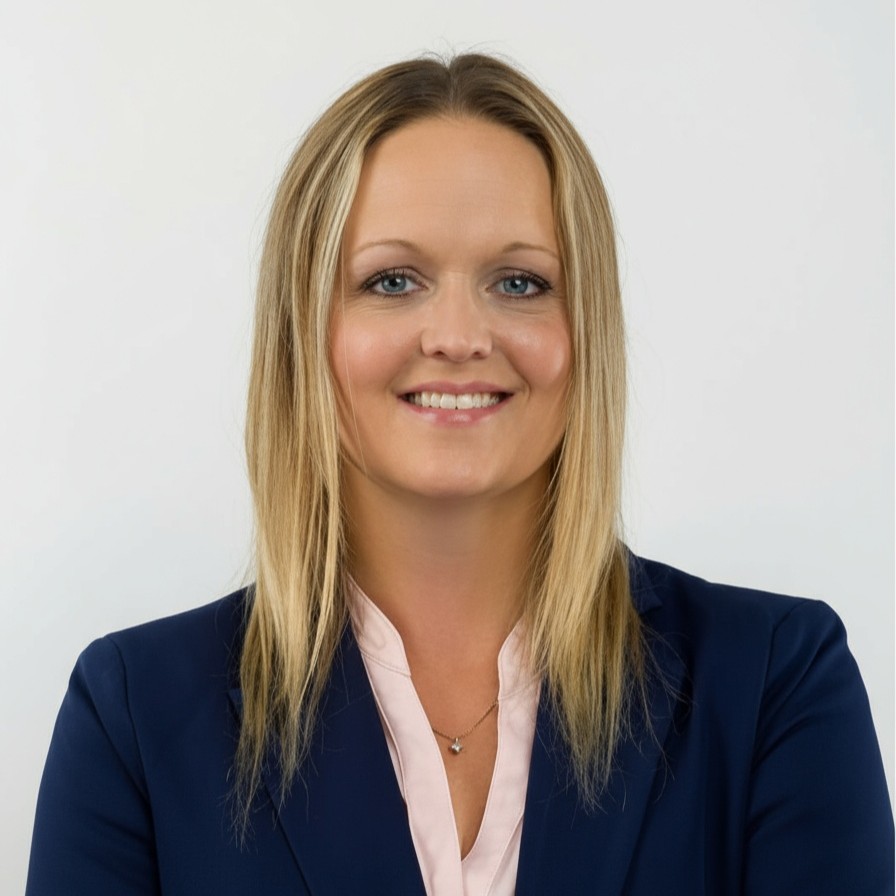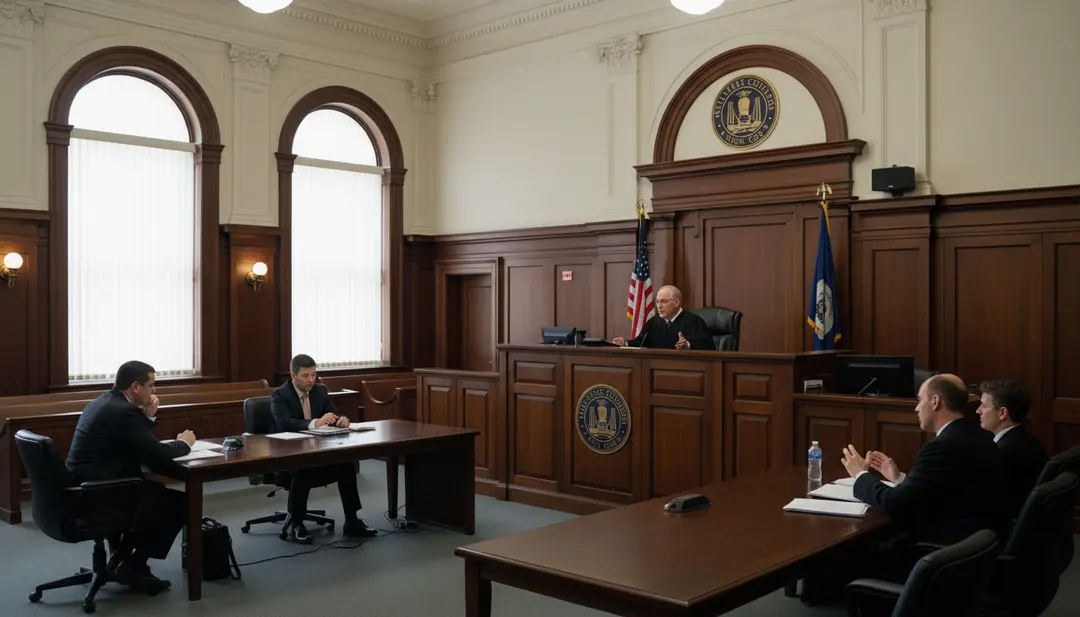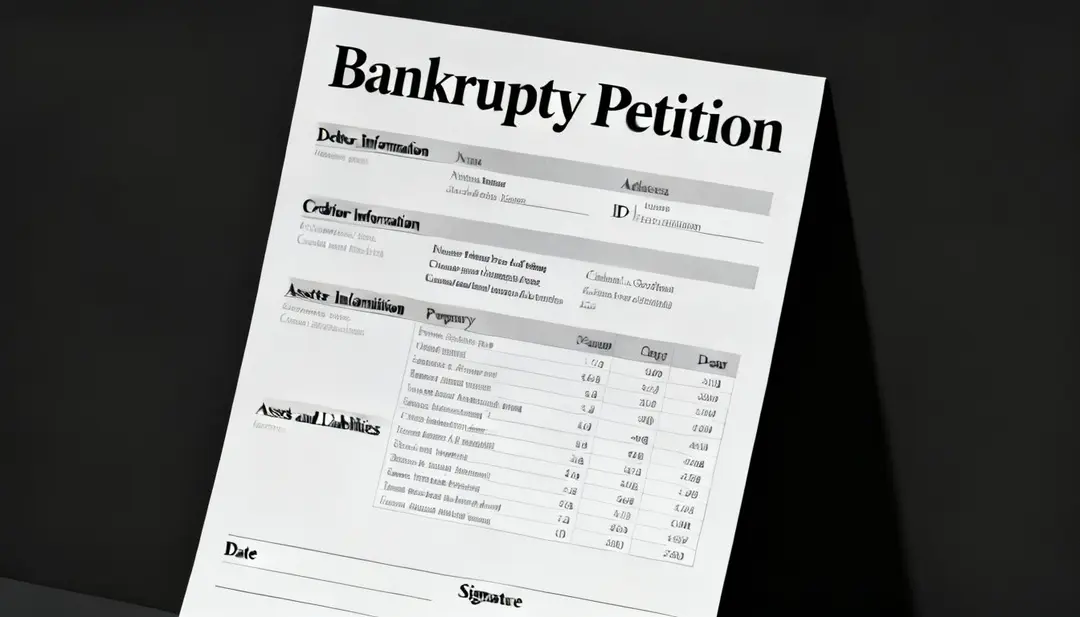Navigating the responsibilities of an Arizona HOA, transparency and trust emerge as pillars essential to cultivating a thriving community. Governed by the Arizona Planned Community and Condominium Acts, these associations are not just about enforcing rules or managing common areas; they’re also about fostering an environment where every member feels heard, valued, and engaged.
Crafting a culture of honesty in an Arizona HOA is akin to laying a solid foundation for a fort – it demands diligence, clarity, and adherence to HOA statutes. In the subsequent sections, we’ll outline effective strategies for enhancing transparency, methods to fortify trust with homeowners, and overcoming common challenges to ensure any HOA can shine as a model of integrity and accountability.
The Role of HOA Boards in Fostering Transparency
Transparency in financial reporting is a cornerstone for Arizona HOA boards to maintain trust and foster open communication with residents. Board members share equal responsibility in fulfilling their fiduciary duty and serving the best interests of the association.
Financial Reporting and Records Accessibility
- Ensure that financial records are accessible to homeowners upon request, in line with Arizona Revised Statutes 33-1805 and 33-1258.
- Establish a clear process for keeping and producing records, including financial statements, meeting minutes, and operational details.
- Transparent and responsible budget management by HOA property managers and the board is crucial in building trust within the community.
Regular Communication and Meetings
- Engage in regular communication about the budget to build trust between the HOA board and homeowners.
- Regularly held board meetings with properly recorded minutes should be maintained to ensure transparency in financial management.
- Open meetings to homeowners and allow them to speak on issues as permitted by A.R.S. 33-1804 and A.R.S. 33-1248, which fosters a positive environment and communication.
Addressing Issues and Legal Compliance
- Address issues head-on by confronting concerns promptly and dealing with them head on.
- Comply with various legal requirements at the federal, state, and local levels, as well as any governing documents.
- Keep homeowners updated, acknowledge and resolve concerns, and ensure governing documents like bylaws are readily accessible.
Strategies for Enhancing Transparency in HOA Operations
Partnering with a reputable HOA management group can significantly enhance transparency in any Arizona HOA’s operations. These professionals bring expertise in handling the intricate details of association management, ensuring that the board remains in control while benefiting from:
- Third-Party Oversight: Management companies provide essential oversight, reducing the risk of self-dealing claims and ensuring compliance with regulations. This layer of protection is invaluable for maintaining the integrity of the board’s activities.
- Conflict Resolution: With a third-party perspective, management companies can offer neutral guidance on community issues, which is instrumental in reducing potential conflicts of interest and navigating sensitive situations.
To further promote transparency, employ the following strategies:
- Embrace Technology: Use digital platforms for open communication and administrative task automation. An online portal can streamline access to information, maintenance requests, and communication, fostering transparency and engagement.
- Financial Management: Ensure that a board member with financial expertise is involved or outsourced to a professional. This approach addresses financial challenges effectively and helps in detailed financial reporting, including profit & loss statements, balance sheets, and cash flow statements. Such transparency shows how funds are used and maintains trust in financial practices.
- Education and Involvement: Educate homeowners on volunteer responsibilities and encourage involvement by starting with smaller roles, like joining committees. By encouraging homeowners to take an active role in their HOA, it not only increases transparency, but also builds a stronger community bond.
- Effective Communication: Utilize communication tools like newsletters, email updates, and social media platforms effectively. Regular updates on association activities help homeowners understand and cooperate with the HOA’s decisions.
- Dispute Resolution: Adopt an internal dispute resolution strategy and consider alternative methods when necessary. This proactive approach can prevent issues from escalating and maintain the community’s trust.
Building Trust with Homeowners through Effective Communication
Honest, interpersonal communication is the bedrock of trust between HOA board members and homeowners. When issues arise, addressing them directly and keeping homeowners well-informed are critical steps in nurturing a positive environment within the HOA.
- Direct Addressing of Concerns: It’s important that HOA board members don’t shy away from difficult conversations. Promptly dealing with concerns and providing clear explanations can alleviate tensions and demonstrate a commitment to transparency.
- Educational Outreach: Ensure homeowners are familiar with their rights, including non-discrimination, fair housing, and access to financial records. This knowledge empowers them to engage in open communication with the HOA, fostering a partnership rather than a hierarchy.
Clear and consistent communication channels are indispensable for informing stakeholders about meetings, projects, and policy changes, which in turn reduces misunderstandings and enhances transparency.
Consider these methods:
- Regular Updates: Implementing regular newsletters and email updates ensures that all homeowners are kept in the loop about community happenings, upcoming projects, and any changes in policy.
- Online Platforms: Utilize online platforms for real-time updates and as a repository for important documents and meeting minutes. This digital approach provides homeowners with easy access to information whenever they need it, further promoting transparency.
Community forums play a pivotal role in fostering direct communication between homeowners and HOA management, creating a transparent atmosphere in decision-making processes.
Facilitate these forums in the following ways:
- Scheduled Community Forums: Organize regular community forums that allow for face-to-face discussions between homeowners and HOA management. These forums can be structured to include Q&A sessions, feedback opportunities, and open discussions on community matters.
- Inclusive Decision-Making: Encourage homeowner participation in decision-making processes by engaging in nonbinding and informal surveys. The results can help to guide the Board in its decision making. When homeowners feel their voices are heard and their opinions matter, trust in the HOA management strengthens.
Overcoming Challenges to Transparency in HOAs
Overcoming challenges to transparency in Homeowners Associations (HOAs) requires a proactive approach and a commitment to the community’s best interests. Navigating these challenges, keep in mind the importance of balancing autonomy with professional oversight, addressing conflicts of interest, and maintaining consistent enforcement of rules.
- Balancing Self-Management with Professional Oversight: While self-managed HOAs offer the benefits of autonomy and potential cost savings, they also come with significant responsibilities.
To ensure tasks such as fee collection, financial management, and legal compliance are handled effectively:
- Consider partnering with an HOA management company to handle complex tasks, allowing community members to focus on broader decision-making and advocacy.
- Establish clear roles and responsibilities for board members to prevent conflicts of interest and ensure that personal biases do not affect the community’s wellbeing.
Education and Conflict Resolution: Board members often come into their roles without formal HOA education, which can lead to challenges in managing the association. To overcome this hurdle, be proactive in providing resources to board members.
- Provide training and resources to board members to enhance their understanding of HOA laws and financial management. Engage your attorney to provide a training the fiduciary duties a Director has to the HOA as well as on open meetings laws.
- Implement an internal dispute resolution strategy, such as the Arizona Department of Real Estate (ADRE) HOA Dispute Process, to handle conflicts efficiently and fairly.
Enforcement and Financial Management:
- Consistent rule enforcement and transparent financial practices are crucial for building trust within the community.
- Take the following into account when enforcing HOA rules:
- Enforce community rules and standards uniformly to avoid accusations of selective enforcement or favoritism.
- Prepare and adhere to annual budgets, assess fair and reasonable fees, and maintain open financial records, as transparency in these areas builds homeowner trust.
Implementing these strategies helps to create a culture of trust and transparency that leads to increased homeowner involvement, reduced conflict, and confidence in the board’s decisions. Remember, good communication isn’t just about talking; it’s about fostering a two-way street where information flows freely, and concerns are met with earnest attention.
Final Thoughts on HOA Transparency and Trust
In championing these values, associations pave the way for communities that are not only compliant with regulations but also reflective of a shared commitment to the welfare of their members. When legal complexities arise or further guidance is needed, the expertise of Halk Oetinger and Brown can be invaluable in navigating the nuances of HOA management and real estate law. Halk, Oetinger, and Brown offers Board training for new and old Directors alike. The journey towards transparent and trustful HOA cultures is ongoing, with each step taken a testament to the collective dedication to the principles that underpin vibrant, cooperative neighborhoods.
Halk, Oetinger And Brown only represent Arizona associations and planned communities. Our firm focuses on providing unique HOA solutions, not on racking up billable hours. We have industry-leading monthly plans available that are cost-effective and we can make an immediate impact on your assessment collections process. Schedule an initial consultation on our contact us page.
Halk, Oetinger, and Brown shares this article for informational purposes only, and it does not create an attorney-client relationship.















